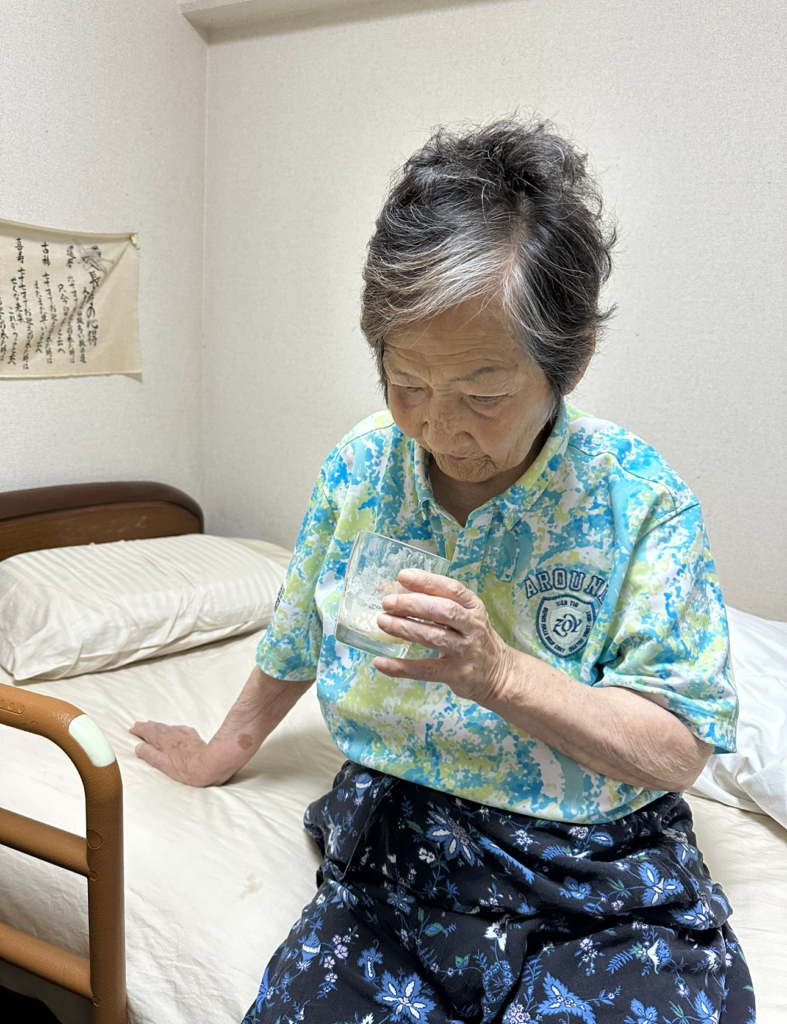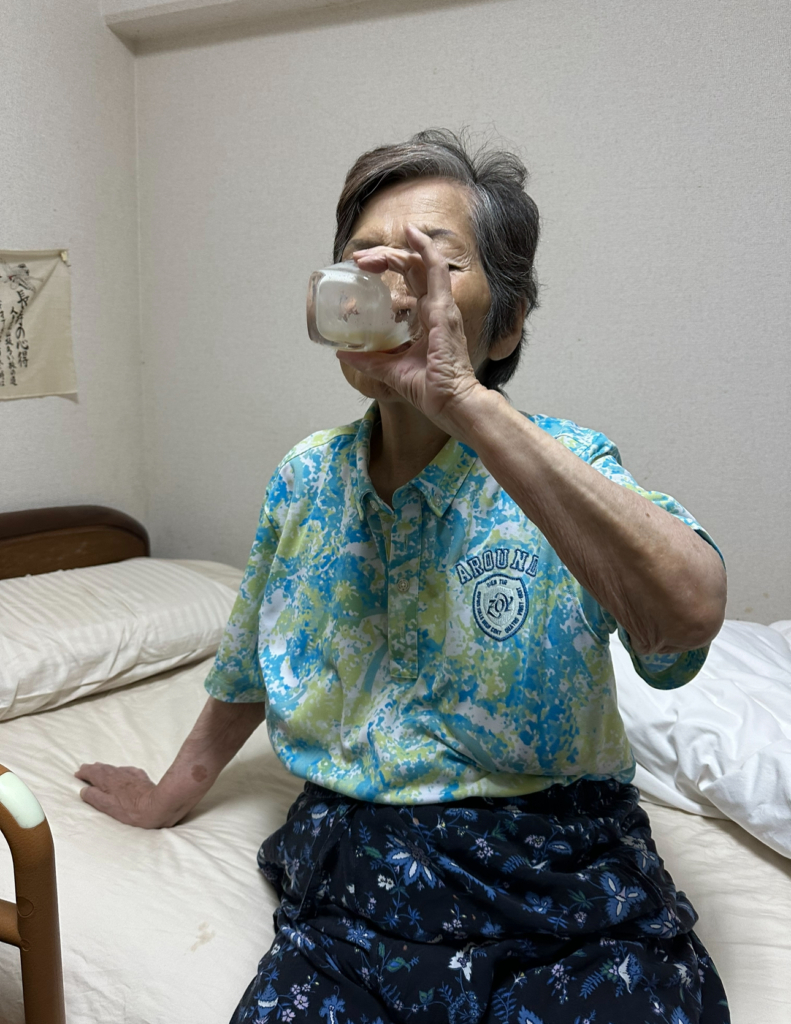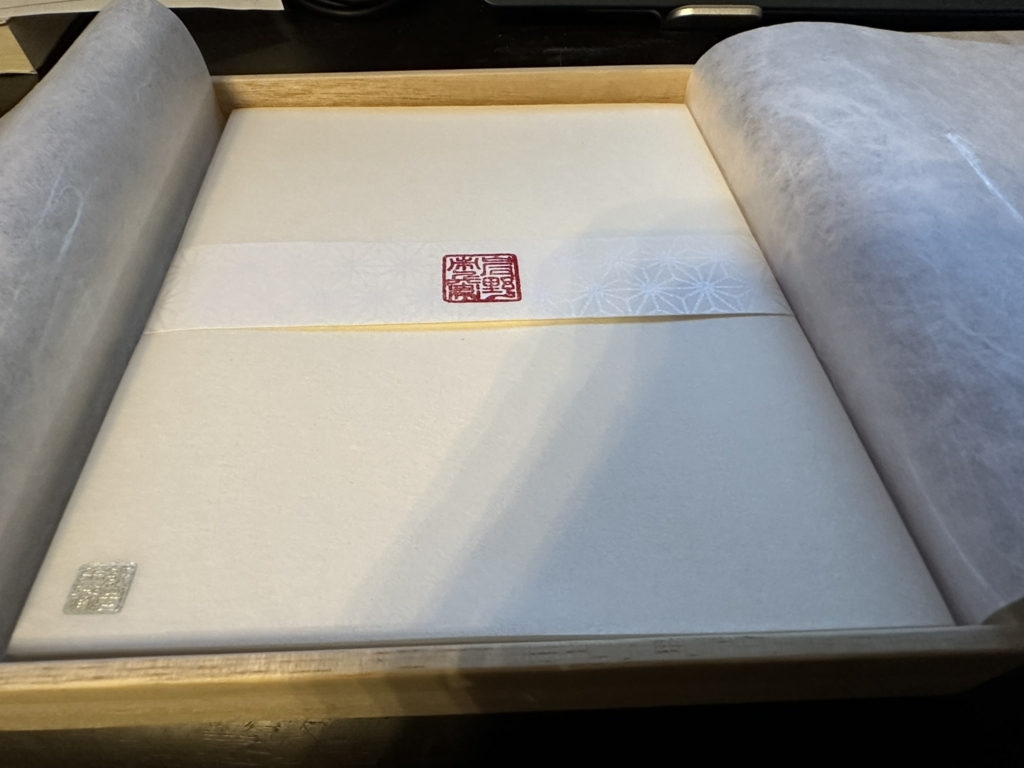
At Dios, we are dedicated to selecting and coordinating every piece of furniture for our rental properties with the utmost care and attention to detail. For us, quality is non-negotiable. Each element in our designs is chosen to add not only functionality but also warmth and character to our living spaces. Our admiration for mingei—traditional Japanese folk crafts—plays a significant role in shaping our approach. These handcrafted pieces, created by artisans using time-honored techniques, bring a uniquely human touch that mass-produced items simply cannot replicate.
Our passion for quality craftsmanship leads us on journeys across Japan in search of these one-of-a-kind items. We carefully select pieces that will enrich the lives of our international guests by allowing them to experience the beauty and culture of Japan in their everyday surroundings.
Recently, our team traveled to the small villages of Fukui Prefecture in search of Echizen Washi, traditional Japanese paper with a legacy that spans over 1,500 years. This ancient papermaking tradition is preserved in a small village, a place where the art of crafting this unique paper has been passed down through generations. After an extensive search in Osaka, we realized that no paper could match the elegance and quality of Echizen Washi. As we visited each workshop, we discovered that no two artisans were alike; each created paper with a distinct character, whether focused on aesthetic artistry or innovative design.
In our exploration, we were introduced to the remarkable work of Mr. Ichibei Iwano, a Living National Treasure. Upon investigating Mr. Iwano’s meticulous process, we were astonished to learn that 80% of the papermaking involves carefully removing impurities. This time-intensive step could be skipped, yet Mr. Iwano devotes himself to it, ensuring each sheet of paper is flawless. This dedication struck a deep chord with us, as it encapsulates the Japanese spirit of monozukuri—the art of creating with uncompromising attention to detail.
In fact, this philosophy resonates with how we approach interior design at Dios. Like Mr. Iwano, we believe in striving for perfection, refusing to cut corners or settle for “good enough.” Each step in our design process is guided by a commitment to quality, as we aim to create spaces that feel complete and harmonious in every detail. This shared value of “no-compromise craftsmanship” is what connects our team to the artistry of Echizen Washi and to the spirit of Mr. Iwano’s work.
We were even more inspired to learn that Mr. Iwano’s paper was chosen by the Louvre Museum in France for the restoration of its priceless artworks—a decision made after comparing papers from all over the world. This prestigious selection underscores the exceptional quality and global admiration for his work.
At Dios, we strive to infuse this spirit of excellence into each home we design. By bringing the best of Japanese craftsmanship to our properties, we hope our guests can experience a taste of Japan’s rich heritage and cultural beauty. We believe that a commitment to quality and attention to detail is what makes us truly ichiryū—first-class. Through our work, we aim to offer spaces that feel like home while celebrating the timeless artistry of Japan.
人間国宝・岩野市兵衛 福井県越前市の越前和紙|活版印刷でつくる耳付き和紙名刺 逸 -ICHI-
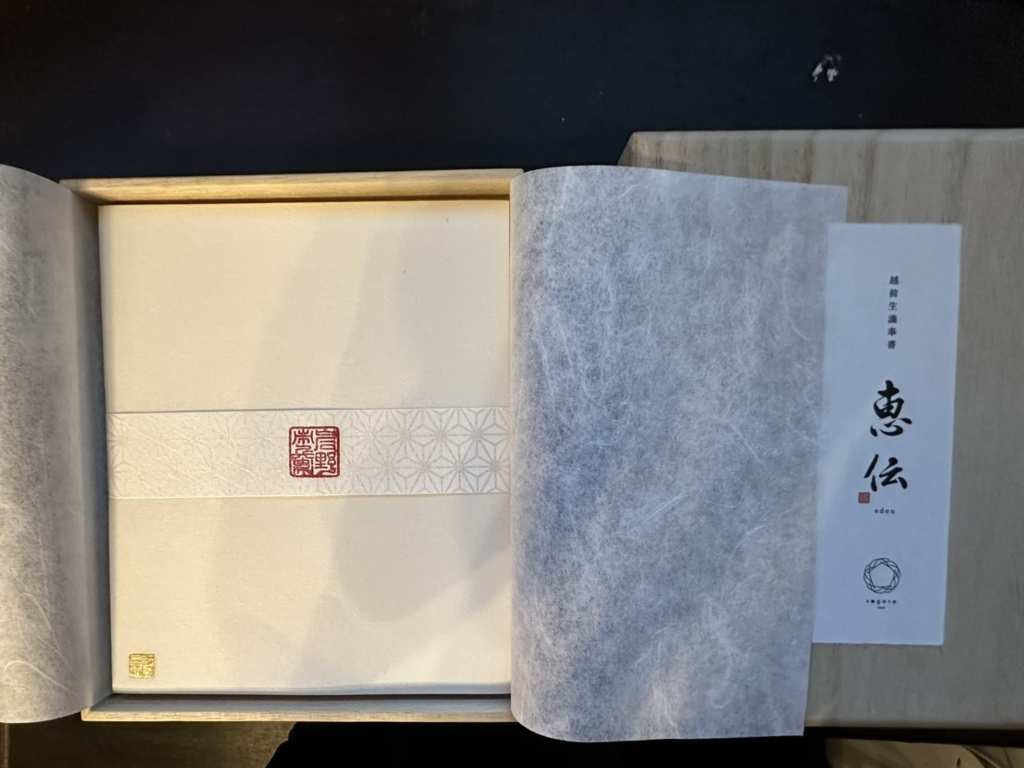
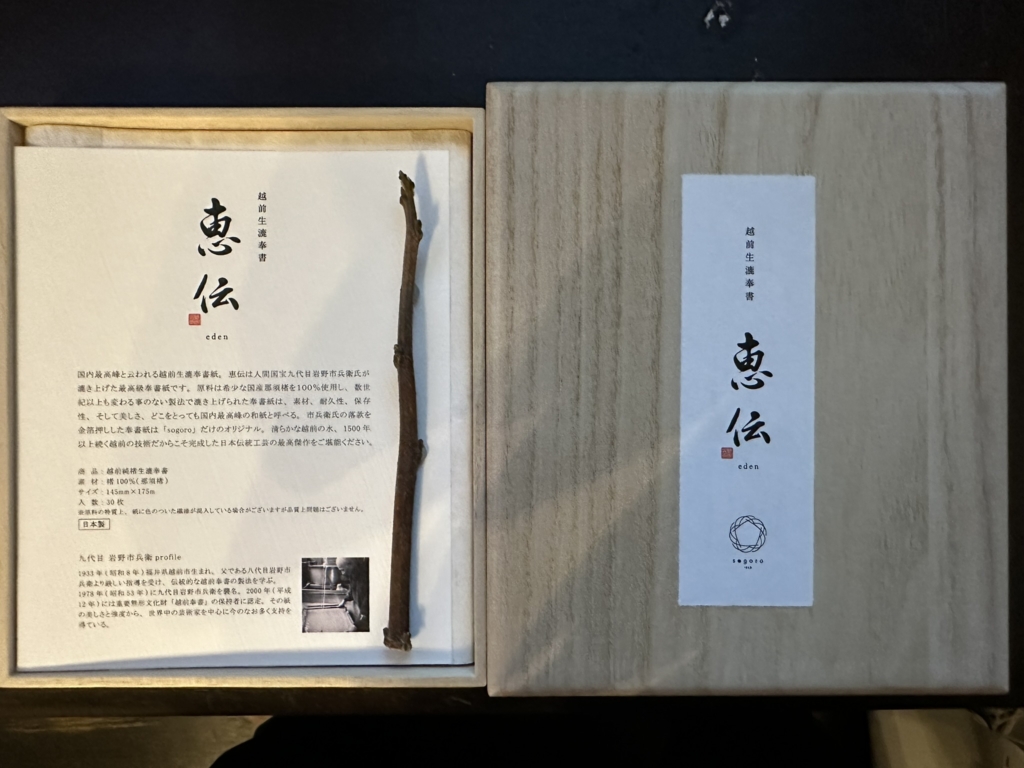

#DiosApartments #JapaneseCraftsmanship #EchizenWashi #NoCompromiseQuality #JapaneseFolkCrafts #TraditionalJapaneseArt #HandmadeWithCare #LivingWithJapaneseCulture #LuxuryInteriors #ExperienceJapan #UncompromisingQuality #JapaneseDesign #MingeiArt #LivingNationalTreasure #CulturalElegance #JapaneseHeritage #PerfectedDesign #OneOfAKindCraft #HeartOfJapan


